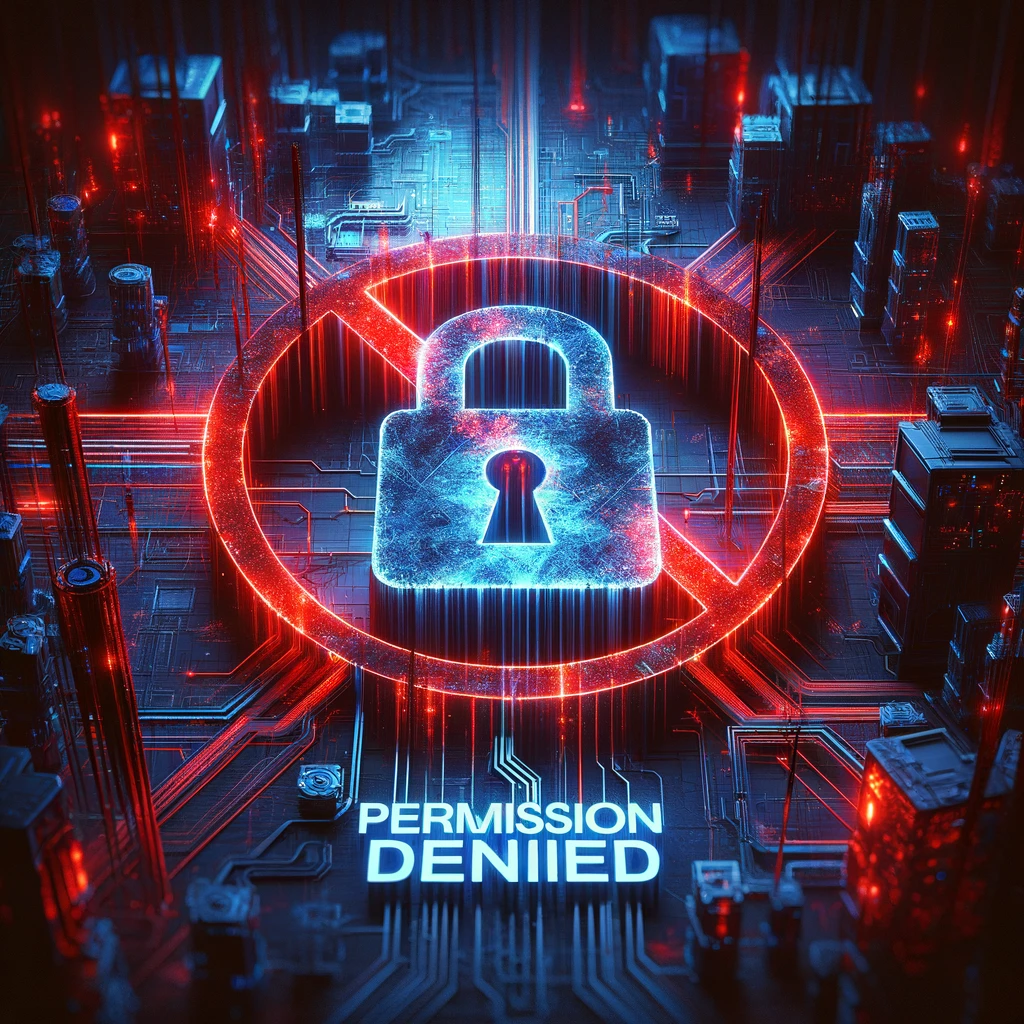 The Bar Association of the Fifth Federal Circuit is the bar association to belong to if you’re interested in the work of the U.S. Court of Appeals for the Fifth Circuit. More information about member benefits is detailed on the BAFFC’s website. One of those benefits is a terrific set of short (c. 500 word) articles about appellate practice (here’s an example that I did about a year ago on oral-argument preparation).
The Bar Association of the Fifth Federal Circuit is the bar association to belong to if you’re interested in the work of the U.S. Court of Appeals for the Fifth Circuit. More information about member benefits is detailed on the BAFFC’s website. One of those benefits is a terrific set of short (c. 500 word) articles about appellate practice (here’s an example that I did about a year ago on oral-argument preparation).
Please consider writing one yourself! A link will be emailed out several times to the BAFFC’s thousands of members, as part of its daily updates about recent decisions, and it’ll be available to the membership online as part of the full collection of these pieces. Contact BAFFC administrator Mary Douglas at mary@baffc.org!




